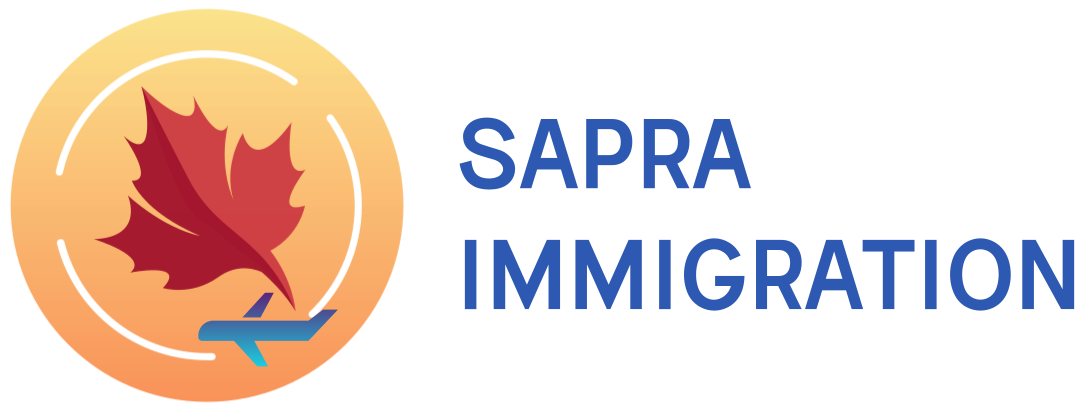
Serve and Contribute to Canadian Communities
Canada values the contributions of individuals who offer their time and skills to charitable and religious organizations. The Charitable or Religious Work Permit facilitates the temporary entry of foreign nationals to engage in meaningful, unpaid work that supports various community initiatives across the country.
Who Can Apply?
To be eligible for this work permit, applicants must:
● Have a genuine offer to perform unpaid work for a recognized charitable or religious organization in Canada.
● Ensure that the work provides a significant benefit to the community.
● Not receive any form of remuneration, except for modest allowances covering living expenses, such as accommodation and meals.
Key Features
● LMIA Exemption: No Labour Market Impact Assessment is required for this type of work permit.
● Fee Exemption: Both the work permit processing fee and the employer compliance fee are waived for eligible applicants and organizations .
● Duration: The length of the work permit is typically aligned with the duration of the charitable or religious activity, up to a maximum of two years.
Application Process
1. Gather Required Documents:
● A letter of invitation from the Canadian charitable or religious organization detailing the nature of the work, duration, and confirmation of non-remuneration.
● Proof of the organization’s charitable or religious status in Canada.
● Evidence of the applicant’s qualifications or experience relevant to the work.
2. Submit Application:
● Complete the Application for Work Permit Made Outside of Canada (IMM 1295).
● Include all supporting documents and submit the application online or through the appropriate visa application center.
How Sapra Immigration Can Assist ?
At Sapra Immigration Services Inc., we offer comprehensive support for individuals and organizations involved in charitable or religious work:
● For Applicants:
○ Assessing eligibility and ensuring all requirements are met.
○ Assisting with the preparation and submission of the work permit application.
● For Organizations:
○ Providing guidance on drafting invitation letters and verifying organizational status.
○ Ensuring compliance with immigration regulations and facilitating communication with immigration authorities.
Note: For the most current information and updates on the Charitable or Religious Work Permit, please refer to the official Government of Canada website.
Begin Your Mission in Canada
If you’re dedicated to making a positive impact through charitable or religious work, Canada welcomes your contribution. Let Sapra Immigration guide you through the process of obtaining the necessary work permit to fulfill your mission.
